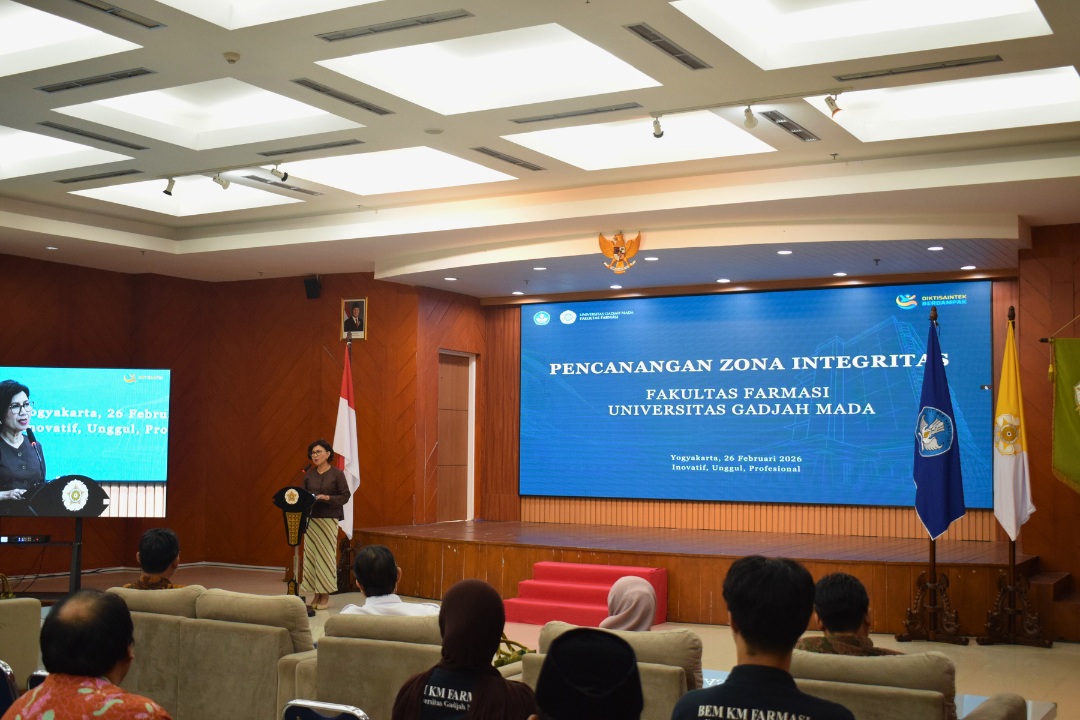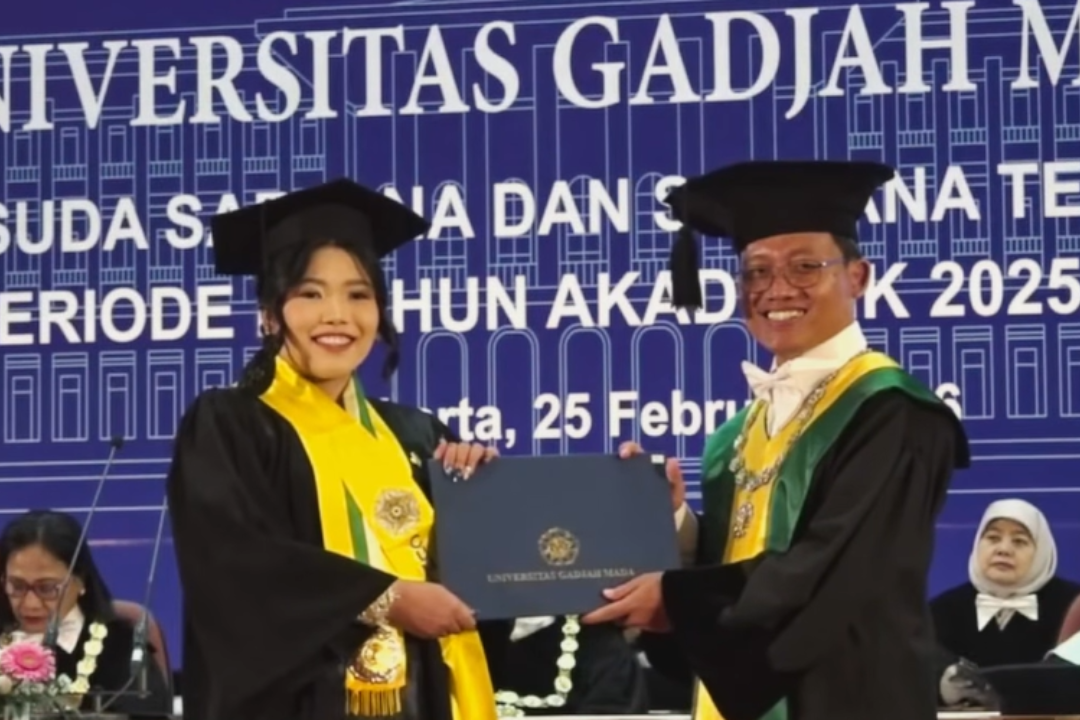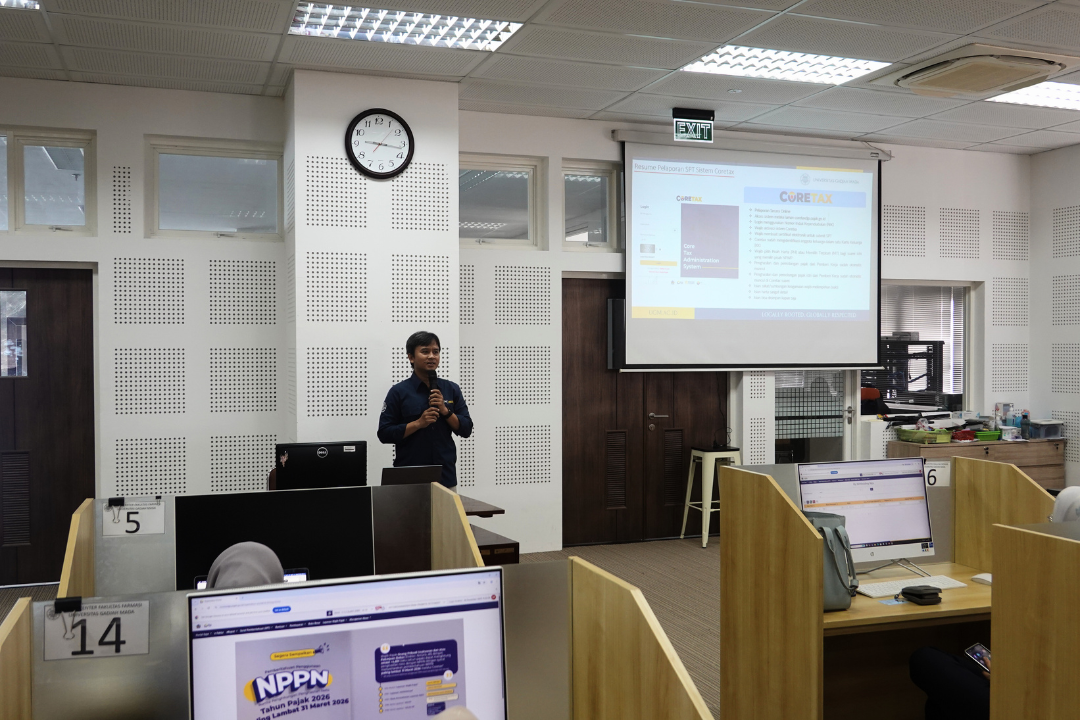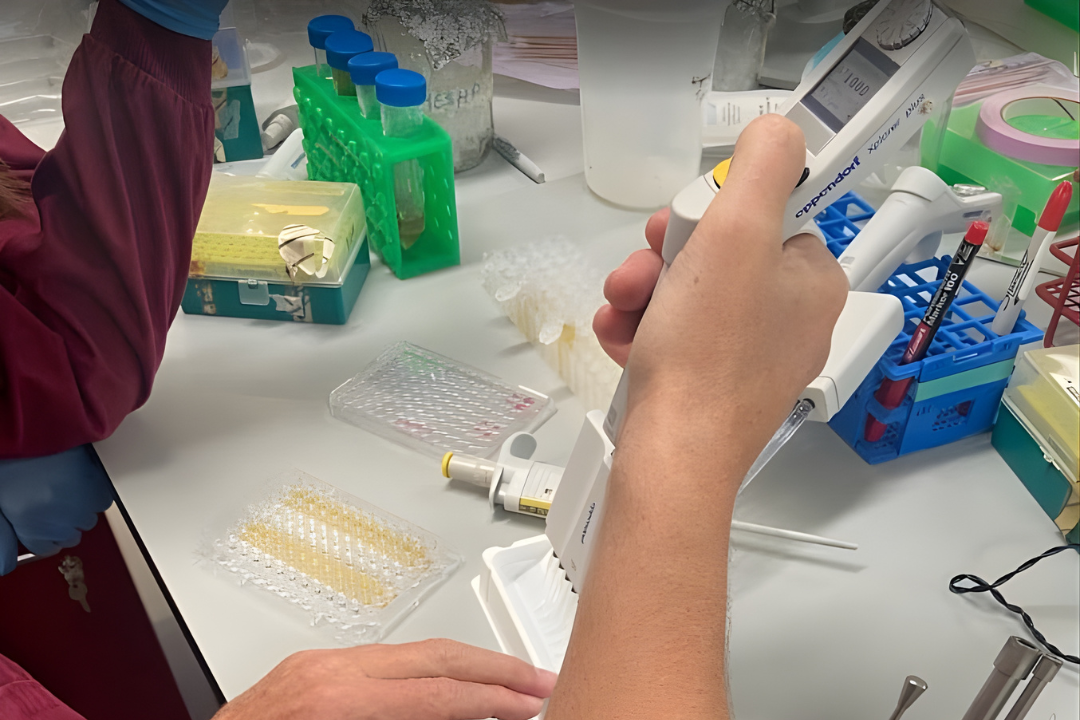Yogyakarta, August 1, 2025 – The Faculty of Pharmacy at Universitas Gadjah Mada (UGM), through its Pharmacoeconomics and Health Technology Assessment (PheHTA) Study Center, officially kicked off the “Modeling in Health Technology Assessment (HTA) Analysis” Workshop today. The two-day event, running hybrid (offline and online) from July 31 to August 1, 2025, at the UGM Faculty of Pharmacy, aims to enhance national capacity in HTA implementation to support more efficient and evidence-based health policy-making. The workshop is open to professionals from the pharmaceutical and medical device industries who need to understand modeling for HTA recommendations, academics, lecturers, and students (especially in health, health economics, pharmacy, and public policy), policymakers from institutions like the Ministry of Health and BPJS Kesehatan who utilize HTA results, and health consultants and researchers involved in policy analysis and cost-effectiveness studies.
In the face of limited funding and the ever-increasing cost of healthcare due to innovations in drugs and new medical technologies, Health Technology Assessment (HTA) is crucial. HTA is a structured analytical process for health technologies that serves as the foundation for health policy decisions. Several approaches, like Rapid Cost-Effectiveness Analysis (Rapid CEA) and the Stakeholder-Led Submission (SLS) policy are increasingly used to accelerate and involve various stakeholders in independent HTA studies.
This workshop is designed to equip participants with the technical skills to develop and run HTA models, perform sensitivity analyses, and interpret model results for policy recommendations. Its objectives are to strengthen participants’ understanding of the fundamental concepts of modeling in HTA, provide practical training in model implementation, encourage the use of modeling in HTA recommendation submissions (both through SLS and Rapid CEA mechanisms), and build cross-sector networks and collaborations.
Through this workshop, the UGM Faculty of Pharmacy contributes to achieving several Sustainable Development Goals (SDGs). The increased efficiency in health policies facilitated by HTA supports SDG 3 (Good Health and Well-being) by ensuring access to quality and affordable healthcare. The evidence-based approach also promotes SDG 9 (Industry, Innovation, and Infrastructure) by facilitating responsible innovation in the health sector. Furthermore, the collaboration among academics and participants fostered in this workshop reflects a commitment to SDG 17 (Partnerships for the Goals). Lastly, by providing relevant training and enhancing professional capacity in the health field, this workshop also contributes to SDG 4 (Quality Education).
The workshop features leading experts in the field, including Prof. Dr. Tri Murti Andayani, Sp.FRS., Apt., Dr. apt. Dwi Endarti, SF, M.Sc., Prof. Dr. Susi Ari Kristina, S.Farm., M.Kes., Apt., and M. Rifqi Rokhman, M.Sc., Apt. Facilitators assisting participants include Dr. apt. Fivy Kurniawati, M.Sc., Dr. apt. Soni Siswanto, M.Biomed., and apt. Hardika Aditama, M.Sc.
The training material covers an introduction to modeling in HTA, model structure development (decision tree and Markov models), input data and model parameters, running models using relevant software, sensitivity analysis (one-way and probabilistic), and result interpretation. Participants will receive full access to all training sessions, Excel templates and files for modeling practice, a participation certificate, refreshments, facilitator assistance, and a Ministry of Health SKP (currently in process).





